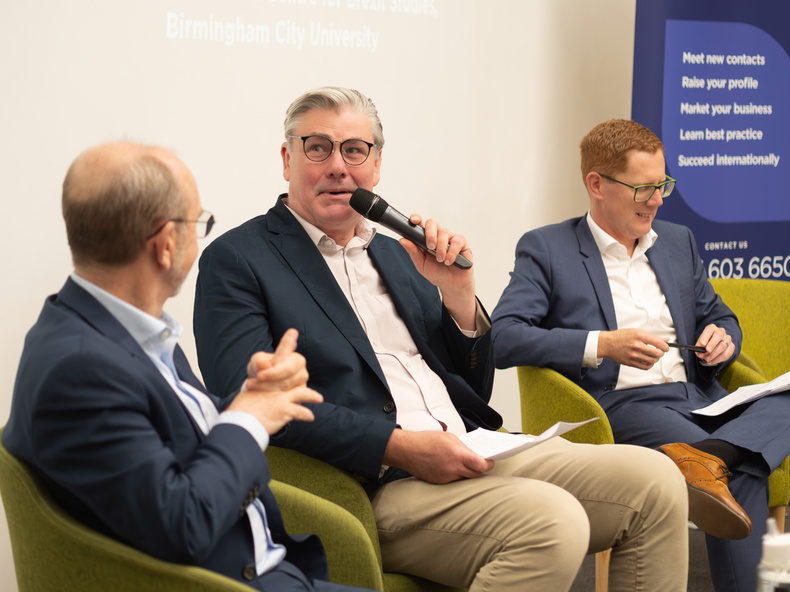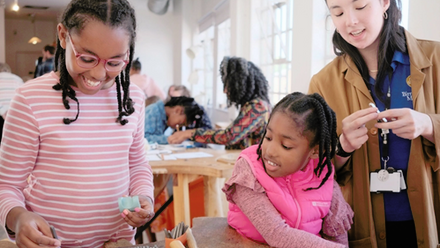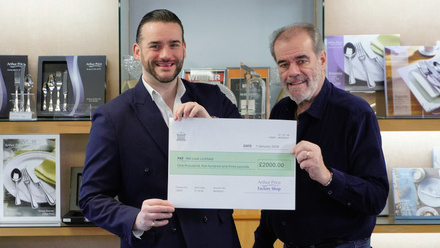Global Business Conference 2024: West Midlands trading relationship with the EU remains strong - experts

The West Midlands is maintaining a strong trade dynamic with the European Union despite challenges arising from Brexit, according to experts at the Chamber’s Global Business Conference.
Speaking on the topic ‘Business and Trade relations between the West Midlands and Europe post-Brexit’, Professor Alex de Ruyter, director of Birmingham City University’s Centre for Brexit Studies, said the EU remains the West Midlands’ biggest trading partner despite the post-Brexit complexities.
Professor de Ruyter, who joined the panel hosted by Global Chamber president Mark Smith, said: “Brexit hasn’t altered the trade dynamics between the West Midlands and the EU.
“It's imposed additional costs and delays, but the EU still remains our largest trading partner in terms of imports and exports.
“Practically speaking, organisations should lobby the government to ease the trading frictions. This is where the Chambers of Commerce comes in as a powerful voice.”
Other panellists include Dirk Verlee, trade and investment counsellor at Flanders Investment & Trade and Rob Janering, partner at Crowe UK.
Dirk spoke about the trade opportunities that exists between Birmingham and the Belgian region.
He said: “Brexit caused a lot of complexity and insecurity among trading with other countries and that complexity still remains to this day.
“But if you’re well connected, there are solutions to this problem and it doesn’t stop businesses in trading.
“Let’s also not forget that Europe is the most important client in the UK and there is no need to complicate that.”
Dirk also highlighted the importance of Flanders as a key trading region with Birmingham.
“We had around 80 big companies that wanted to set up base in Flanders. It had a lot to do with logistics and partnerships and I believe there's a good common ground with the West Midlands.
“Life science is very big in Flanders. We have around 350 companies active with a market value of £42 billion.”
Rob stressed the importance of having business support organisations as a platform for SMEs to start trading.
He said: “When Brexit happened, the big businesses were able to continue and survive, but SMES took a big hit.
“Now we see SMES picking up their feet again and exploring international markets.
“We don’t have free movement of goods, and everything has underlying costs. There needs to be more access to networks, and this is where organisations like GBCC become valuable.
“And I think it comes back to talking to those people, getting good advice, and really understanding the nuance of your business, to take a bit of time to step back and find the right people who can then help you.”
Another key discussion at the conference was ‘Going Global’, hosted by Global Chamber president Mark Smith.
Samuel Hooton, representing the Canton Fair - a major Chinese import and export fair - spoke about the evolution of the fair over the years and the extent of the products and services available to exhibitors and attendees.
He said: “The Canton Fair holds a huge range of the latest products in the industry, and attending will allow you to get the best prices for those products. You can buy them there, bring them back here and start selling.”
Speaking about companies expanding their footprint internationally, Shaun Gray European managing director of global automotive components manufacturer Ginho, said: “It really is a good thing, particularly as there is always some kind of geo-political event going on around the world and that does impact where you trade.
“If you have a footprint in each of those key locations and they are close to your customer, you will benefit hugely.”
Pictured: From left - Dirk Verlee, Prof Alex de Ruyer and Rob Janering



